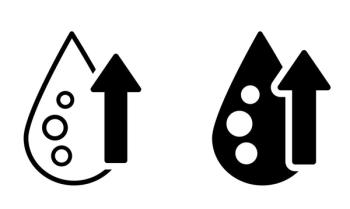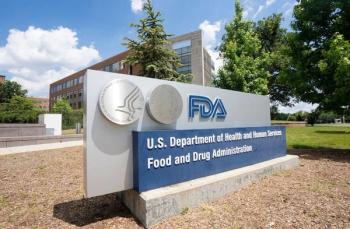
Continue Statins After Ischemic Stroke to Minimize Mortality and Dependency
SANTIAGO DE COMPOSTELA, Spain -- Ischemic stroke patients already taking statins should be continued on the drugs during the acute phase, clinicians here recommended.
SANTIAGO DE COMPOSTELA, Spain, Aug. 27 -- Ischemic stroke patients already taking statins should be continued on the drugs during the acute phase, clinicians here recommended.
Among 89 such patients, those who were withdrawn from the drugs for the first three days after admission had a nearly five-fold risk for death or dependency compared with patients who were continued on atorvastatin (Lipitor), reported Jos Castillo, M.D., of the University of Santiago de Compostela, and colleagues.
"Our findings strongly support that previous statin therapy should not be interrupted during the acute phase of ischemic stroke," they wrote in the August 28 issue of Neurology.
And, they said, "The recommendation to start on statin treatment as soon as ischemic stroke occurs needs to be investigated in further randomized clinical trials."
Many stroke patients, especially those with severe strokes, are taken off oral medications in the first days of an acute stroke to prevent the possibility of bronchoaspiration, the authors noted.
To see whether this practice might have a deleterious effect on statin users, the authors identified 89 statin users from a series of 215 consecutive patients admitted within 24 hours of an acute hemispheric ischemic stroke.
The statin users were randomly assigned to either statin withdrawal for the first three days after admission (46 patients) or to immediate treatment with atorvastatin 20 mg/day (43 patients).
The primary study outcome was a composite of death or dependency at three months, with dependency defined as a score greater than 2 on the modified Rankin Scale.
Secondary endpoints included early neurologic deterioration, defined as an increase of four or more points in the NIH Stroke Scale score between admission and any time during the first 48 hours of hospitalization, and infarct volume from days four through seven.
The authors also conducted a secondary analysis in which outcome variables were compared with those for nonrandomized patients who had not previously received statin therapy (126 patients).
They found that 60% of the statin users randomized to withdrawal had a modified Rankin Scale score greater than 2, compared with only 39% of those continued on statins (P=0.043).
In addition, 65.2% of those withdrawn from statins had early neurologic deterioration, compared with 20.9% of those continued on statins (P
"Statins also reduce the levels of proinflammatory cytokines and decrease the expression of adhesion molecules," they wrote. "In fact, in the Cholesterol and Recurrent Events (CARE) study, a reduction in the levels of C-reactive protein has been reported."
"In this context," they said, "and given the greater prominence of cytotoxic effects after cerebral ischemia, it is not surprising that statin withdrawal has a deleterious effect on the prognosis of ischemic stroke patients."
They acknowledged that the study was limited by a lack of repeat cholesterol measurements during the acute stroke phase, and by controversies over the optimal dosage of atorvastatin when the goal is neuroprotection.
Newsletter
Enhance your clinical practice with the Patient Care newsletter, offering the latest evidence-based guidelines, diagnostic insights, and treatment strategies for primary care physicians.

































































































































